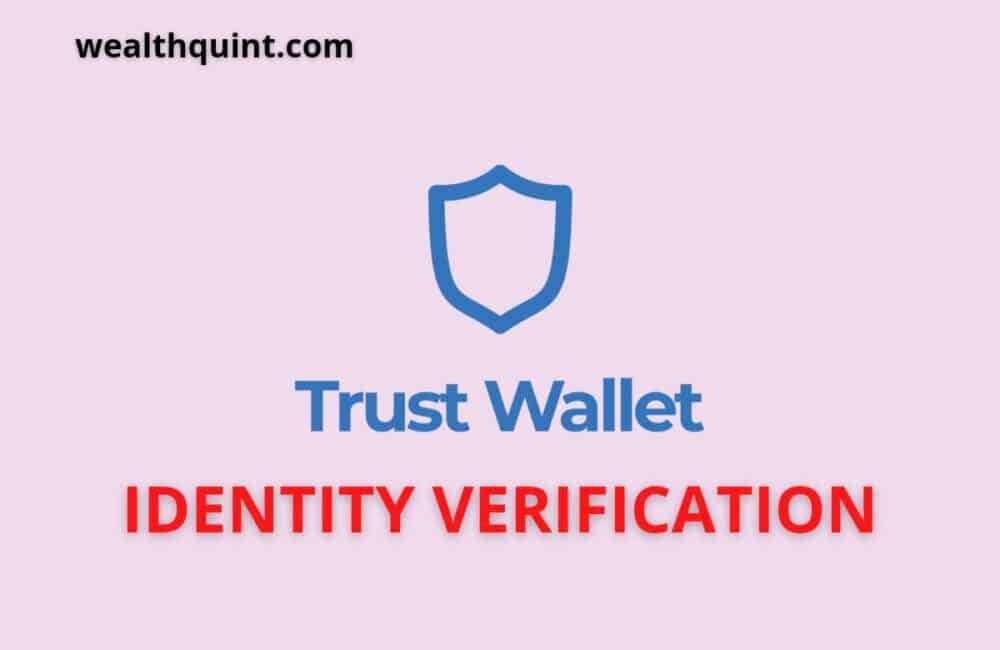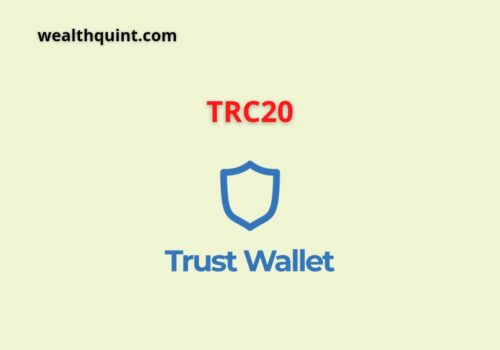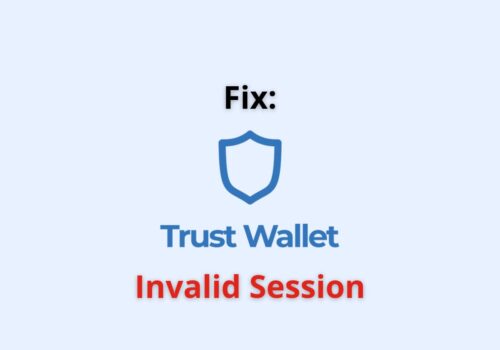In most financial applications, there is a long list of requirements for verification that a user might go through. Trust Wallet, however, is unique as it requires no identification verification requirements. This article will answer many of the most burning questions regarding Trust Wallet verification.
What Is Identity Verification In Trust Wallet?
There is no identity verification required in the Trust Wallet application and uses a 12-word recovery phrase as an identification metric.
How To Trust Wallet Identity Verification?
There is no requirement for Trust Wallet identification beyond setting up a recovery phrase for your app. Do not accept messages, texts and calls claiming to be Trust Wallet representatives, as they might be scamsters.
Does Trust Wallet Require Verification?
No Trust Wallet doesn’t require any form of identification as it doesn’t collect any personal information or control your funds. The application is simply an instrument for conducting transactions through the decentralized platform. The only Trust Wallet verification feature is the 12-word phrase recovery password for safety purposes.
Avoid any message or email claiming to ask for verification as it might be a phishing attack.
How Do I Verify My Trust Wallet?
The way to verify your Trust Wallet account is by simply setting up the 12 world recover phrase password. It is the unique identifier to set up a Trust Wallet, so keep it safely by writing it on a piece of paper.
Also Read: How to Secure Trust wallet?
How Long Does It Take For Trust Wallet To Verify?
It takes only a couple of minutes to do an initial Trust Wallet set-up process and create a recovery phrase for the wallet.
Does The Trust Wallet Ask For KYC?
Trust Wallet doesn’t ask for KYC(Know Your Customer) information as it doesn’t collect any personal information. However, the wallet application does ask for KYC information like Name, phone and email address etc., when reporting an issue or bug. You might also be required to give away non-personal information like Public wallet information in case of a query.
All the personal information that is not useful is automatically deleted within 90 days. You can request information collected about you by requesting access through email at [email protected]. Users can ask the Trust Wallet to delete or modify any Wallet application information.
You can read their privacy policy to learn more https://trustwallet.com/privacy-and-policy/.
Note: Trust Wallet will charge a small fee for requesting a copy of any information from their servers
Also Read: Trust Wallet Transaction History
Trust Wallet Verification Email
Trust Wallet doesn’t send any verification emails to its users and asks for personal information. If you get any verification email from a source claiming to be from Trust Wallet or asking for verification-
DO NOT OPEN ANY LINK OR CLICK ON ANY BUTTON IN THE EMAIL!!
It’s likely a phishing email targeting Trust Wallet customers. No Trust Wallet executive will contact you unless you have initiated a request for customer support.
Why Doesn’t Trust Wallet Ask For Verification?
The application is built on a strong privacy-based philosophy and does not believe in selling users’ personal information. The cryptocurrency blockchain network is built on minimal traditional verification to ensure ease of use.
Will Trust Wallet Ask For Verification In The Future?
No, because it’s not a centralized authority that requires personal information to conduct transactions. However, if any country’s laws and regulations require Trust Wallet to place verification protocols, they might comply with regulations.
Also Read: Can Trust Wallet Be Hacked?
Final Thoughts
Trust Wallet is an application that derives its wide appeal and support among the crypto markets for its ease of use. The application does not require personal verification and provides highly secure 12 code recovery phrases.
Set up your Trust Wallet Application within 2 mins with an easy verification process.




